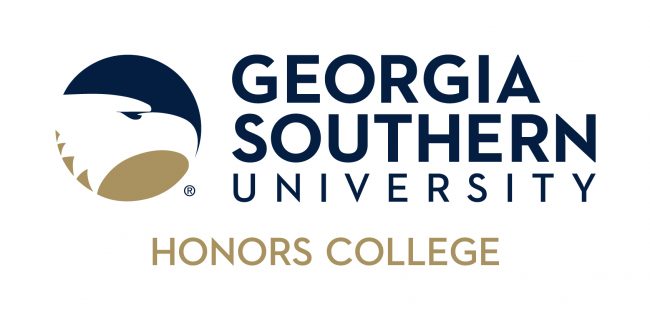Location
Presentation- College of Behavioral and Social Sciences
Document Type and Release Option
Thesis Presentation (Restricted to Georgia Southern)
Faculty Mentor
Dr. Karen Naufel
Faculty Mentor Email
knaufel@georgiasouthern.edu
Presentation Year
2021
Start Date
26-4-2021 12:00 AM
End Date
30-4-2021 12:00 AM
Keywords
Georgia Southern University, Honors Symposium, Presentation
Description
People may believe in myths such as “you only use 10% of your brain” that are related to psychology. Additionally, belief in these myths may prevail despite education, or in some cases, because of education. Indeed, some research suggests students acquired false memories by remembering the wrong answers instead of the correct information (Nitschke et al., 2019). However, research on how leading questions affects memory can provide insight to this problem. Specifically, research shows that subjects who are presented with leading questions or content are more likely to recall an event consistent with that question (Miller & Loftus, 1976). Such research may provide a mechanism for how to encourage students to remember correct information as opposed to myths. Specifically, the structure of test questions as leading questions for students to retain correct information could be formatted to maximize memory for the misconceptions in most popular psychology myths. Thus, the present study aims to test the extent that leading questions affects memory for myths and facts. Based on previous research, it is predicted that certain leading questions can improve memory and correct for myths. These findings could help shape how instructors structure new test questions and present information to people for them to retain the correct information.
Academic Unit
College of Behavioral and Social Sciences
Unlearning Myths One Question at a Time
Presentation- College of Behavioral and Social Sciences
People may believe in myths such as “you only use 10% of your brain” that are related to psychology. Additionally, belief in these myths may prevail despite education, or in some cases, because of education. Indeed, some research suggests students acquired false memories by remembering the wrong answers instead of the correct information (Nitschke et al., 2019). However, research on how leading questions affects memory can provide insight to this problem. Specifically, research shows that subjects who are presented with leading questions or content are more likely to recall an event consistent with that question (Miller & Loftus, 1976). Such research may provide a mechanism for how to encourage students to remember correct information as opposed to myths. Specifically, the structure of test questions as leading questions for students to retain correct information could be formatted to maximize memory for the misconceptions in most popular psychology myths. Thus, the present study aims to test the extent that leading questions affects memory for myths and facts. Based on previous research, it is predicted that certain leading questions can improve memory and correct for myths. These findings could help shape how instructors structure new test questions and present information to people for them to retain the correct information.



Comments
This work is archived and distributed under the repository's standard copyright and reuse license, available here. Under this license, end-users may copy, store, and distribute this work without restriction. For questions related to additional reuse of this work, please contact the copyright owner.